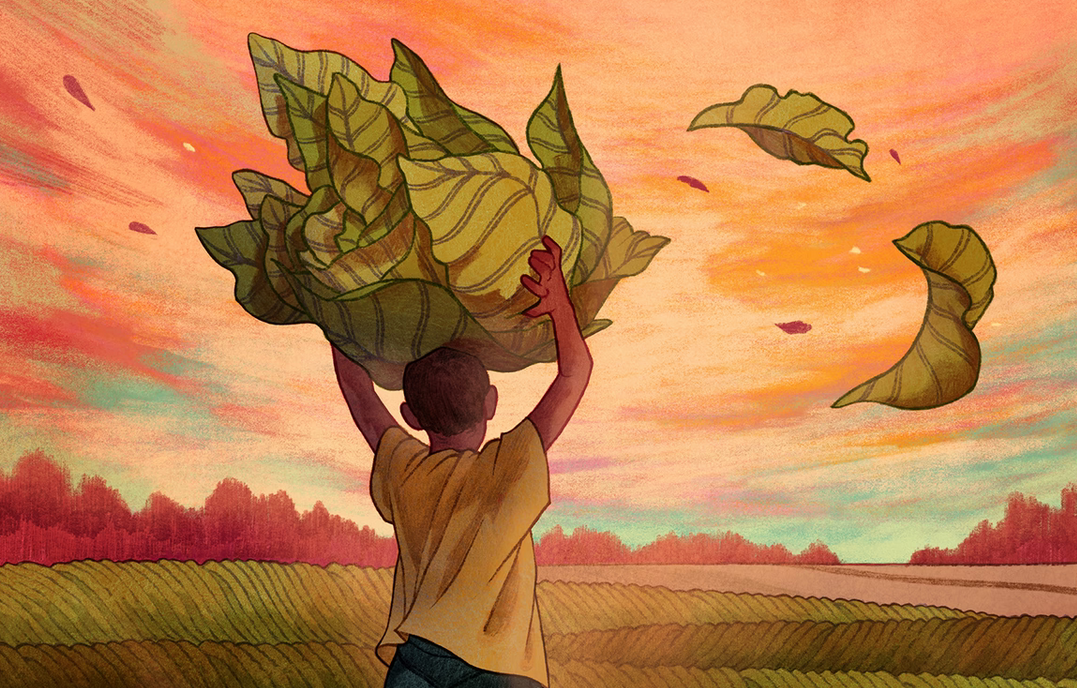How Tobacco Growing Promotes Child Trafficking
By Simon Mwangi
Tobacco production is a multi-billion-dollar global industry. Unfortunately, the cultivation of tobacco engages the labor of children throughout the world in extremely dangerous environments, which has both immediate and long-term consequences for children and society. Tobacco production and consumption are public health issues with human rights implications.
Tobacco is now produced in 125 countries, including Argentina, Guatemala, Indonesia, Italy, Kenya, Pakistan, Poland, Thailand, Turkey, and Zimbabwe. In a quest to lower production costs and increase shareholder value, multinational companies move into less regulated countries, where they negotiate extremely low prices that often result in debt servitude or the producers’ use of child labor.
Indonesia is the world’s fifth-largest tobacco producer, home to more than 500,000 tobacco farms nationwide. Though domestic and international laws prohibit children under 18 from performing hazardous work, thousands of children work in harmful conditions on tobacco farms in Indonesia, exposed to nicotine, toxic pesticides, extreme heat, and other dangers. This work could have lasting consequences on their health and development.
Agriculture is one of the few industries that exempts some employers from mandates to provide safe working environments for employees in the United States and across the globe. There are substantially fewer protections for those working in agriculture than in other industries. Research has shown that agriculture is one of the most dangerous industries in the world. Within the United States, the agricultural industry has the second-highest fatality rate among young workers. Nearly half of the total occupational fatalities among children occur in agriculture.
Children start at age five to prepare seedbeds by turning the soil and felling trees. They weed the fields, they fertilize the tobacco plants and spray pesticides without protective gear. During harvesting the green tobacco leaves, children are exposed to the risk of contracting nicotine poisoning, because nicotine of the wet leaves gets absorbed through their skin into their bodies.
A small amount of the neurotoxic substance already causes a severe nicotine poisoning called Green Tobacco Sickness. This sickness causes nausea, vomiting, headaches and dizziness. Research conducted by Plan International shows that child workers in Malawi might absorb up to 54 milligrams of nicotine through the skin per day. This amount is equivalent to the nicotine contained in 50 cigarettes.
Due to the low prices for tobacco leaf paid by tobacco companies and plantation owners, tobacco farmers struggle to make a living. As a result, farming families are forced to grow more tobacco than they can manage by using the adults’ workforce. These farmers cannot afford to pay seasonal workers, while children and relatives are mostly not paid. Thus tobacco farming is usually family work.
According to article 32 of the United Nations Convention on the Rights of the Child, children may engage in work that is not hazardous and light in nature. This is not the case with tobacco farming: Therefore, children under 18 should not be allowed to perform any tasks related to the production of tobacco.
Published by Daily Nation 1st June 2022

